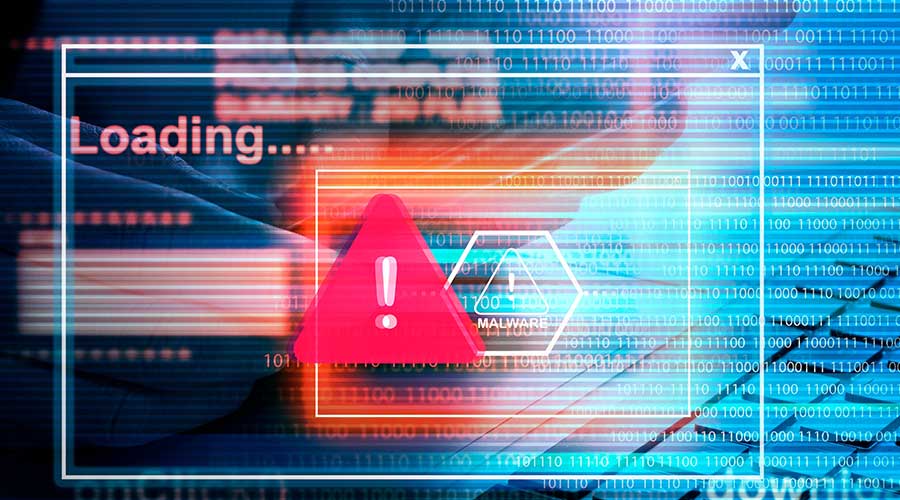The FBI, Cybersecurity and Infrastructure Security Agency (CISA), Multi-State Information Sharing and Analysis Center (MS-ISAC) and HHS have issued a joint advisory detailing the tactics and indicators of compromise (IOCs) associated with the RansomHub ransomware.
The advisory says this ransomware-as-a-service variant has gained prominence since its launch in February 2024, particularly by attracting affiliates from other major ransomware groups. RansomHub has impacted at least 210 organizations across critical infrastructure sectors, including healthcare, water and wastewater, IT and government services.
Affiliates of RansomHub employ a double-extortion model, where they both encrypt systems and exfiltrate data to pressure victims into paying ransoms. The exfiltration methods vary depending on the affiliate involved, according to the advisory.
Related: Lessons to Learn from the Ascension Ransomware Attack
Ransomware is a serious cyber threat to healthcare organizations, since important and critical data can be rendered inaccessible to those who need it. Many healthcare organizations, such as Ascension, have been affected by ransomware attacks over the past few years.
Cyberattacks in general don’t show much sign of dying down either, as Healthcare Facilities Today has reported on at least 30 different cyber incidents in the first half 2024 alone. However, this doesn’t mean the situation is hopeless, as healthcare organizations can implement policies and practices to protect themselves.
In the advisory, CISA recommends taking these three steps to mitigate cyber threats from ransomware:
- Update operating systems, software and firmware as soon as the updates are rolled out.
- Require phishing-resistant multifactor authentication (MFA) for as many services as possible.
- Train staff to recognize and report phishing attempts.
Jeff Wardon, Jr., is the assistant editor for the facilities market.

 Design Plays a Role in the Future of Healthcare
Design Plays a Role in the Future of Healthcare Cedar Hill Regional Medical Center GW Health Officially Opens
Cedar Hill Regional Medical Center GW Health Officially Opens Designing Healthcare Facilities for Pediatric and Geriatric Populations
Designing Healthcare Facilities for Pediatric and Geriatric Populations Kaiser Permanente Announces New Hospital Tower at Sunnyside Medical Center
Kaiser Permanente Announces New Hospital Tower at Sunnyside Medical Center Building Disaster Resilience Through Collaboration
Building Disaster Resilience Through Collaboration